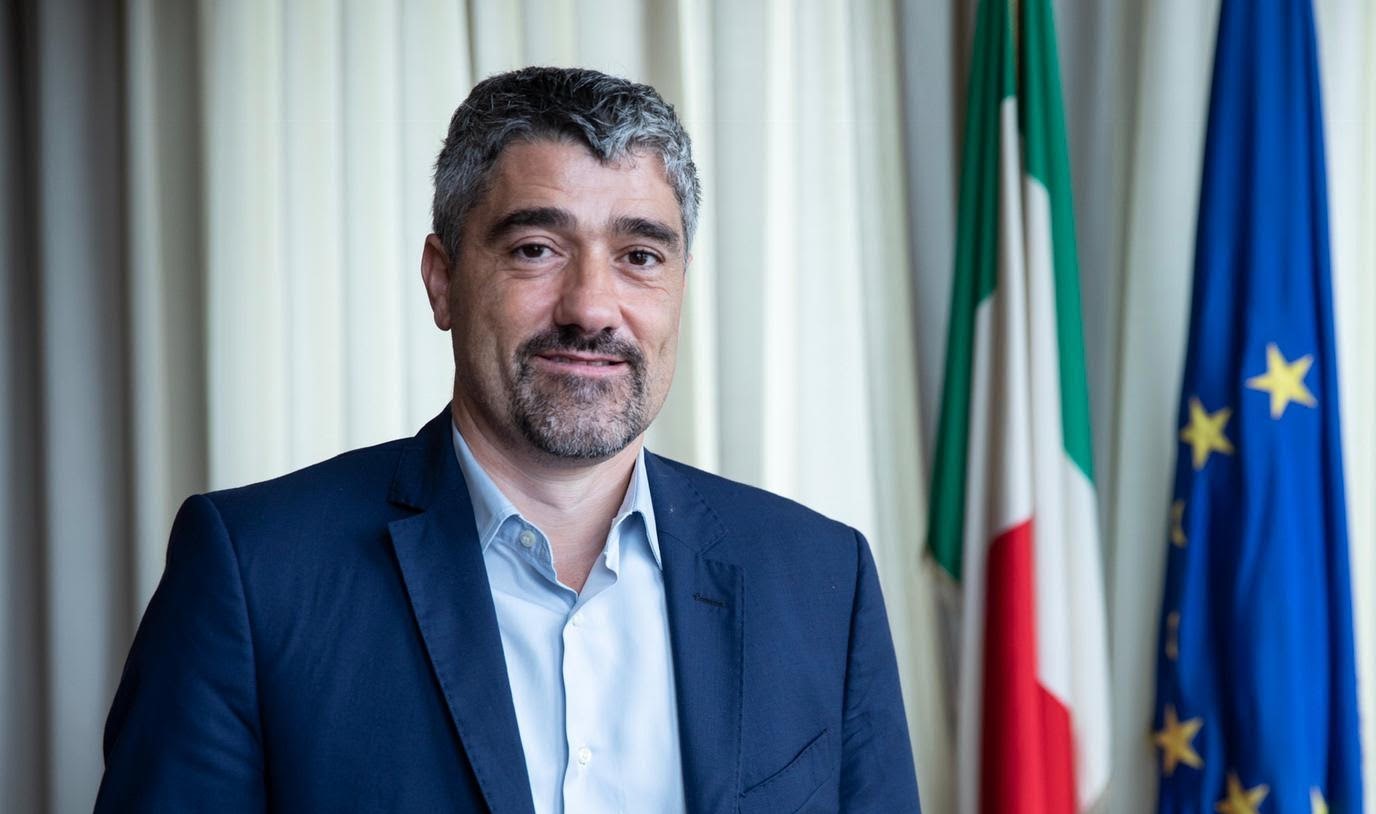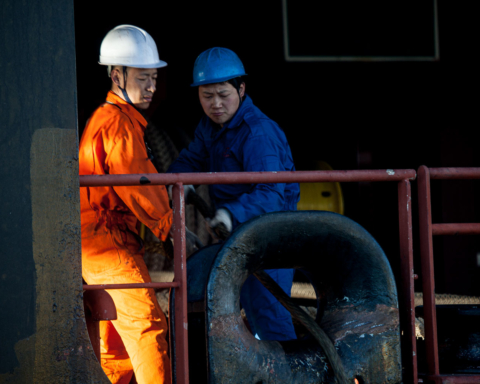Extend the Genoa Model to Port Network Authorities? No way. The Taranto model is more than good enough. This is the opinion of the Undersecretary for Infrastructure and Transport Roberto Traversi, who discusses the issue in an exclusive interview he gave to Port News.
Just as the requests by the various Port Authority presidents to put their ports in a condition to acquire a new operational capacity, to put them in a position to be ready to start up again once the crisis that we are going through is over, the Five Star politician calls for calm and specifies: “In my opinion the Genoa model is not replicable in this context. In the Ligurian capital there was an obvious necessity, which was to restore a stretch of motorway. It was a matter of rebuilding a pre-existing structure, albeit shaped differently. For this purpose, both the authorization phase of the project and the awarding of the contract without a call to tender were facilitated, with the exemption from all rules except criminal law and mandatory EU constraints. That’s why the Taranto model could be sufficient, perhaps with some minor adjustments.”
Responding indirectly to the President of Assoporti (Italian Port Association) Daniele Rossi, who had asked for special powers to be given to Port Network Authorities to face this particularly delicate moment, Mr. Traversi specifies: “The presidents already have a considerable amount of power because Port Network Authorities are endowed with administrative, financial and budget autonomy within the limits provided for by law. Moreover, they carry out their asset management activities according to an autonomous Masterplan. There are, instead, some evident criticalities concerning authorizations. We are working on these in order to streamline procedures as much as possible.”
The Undersecretary for Infrastructure and Transport does not think that the real problem in ports is awarding tenders but if anything “the procedures for having projects approved, above all as far the opinions of the Supreme Council for Overseeing Public Works are concerned and, likewise, environmental opinions and those of Heritage Authorities. “.
These are critical issues that can be resolved in part “with service conferences and tacit consent, even if the issue of environmental procedures and Heritage Authority constraints remain, which cannot be circumvented, fortunately. We could proceed diligently in compliance with the constraints of a Consolidation Act for the port sector but only after an in-depth study with the various ministries in order to continue to ensure margins of objectivity and common rules which respect the surrounding geographical area.”
Mr. Traversi also goes into the merits of the latest measures contained in the ‘Cura Italia’ decree, dwelling, in particular, on the measures for provisional suspension of the payment of port fees and exemption from anchorage dues: “The concern of many,” he explains, “was that the anchorage dues would not be reimbursed by the State (which was in fact provided for in the text) and that, on the contrary, Port Network Authorities would be asked to cover them with a reduction in their spending. If this form of providence for Port Network Authorities continues and is all-encompassing, the problem therefore does not arise.”
As far as revenue from concessions is concerned, “they are only postponed, with payment to be made before the end of the year. Once again, therefore, there should be no problems, unless the operators are in such great difficulty that they cannot make the payments. We should bear in mind that Port Network Authorities have balance sheets with significant administrative surpluses which could be partly used to cover these possible losses, obviously not for a long period of time.”
The Under-Secretary also notes that, “to enable the Port Network Authorities to work with greater peace of mind, a directive from the Directorate-General for Ports setting out rules for drawing up more flexible budgets for the next two/three years would be sufficient. We hope that this emergency will turn out to be the necessary opportunity for de-bureaucratizing our country and also starting an organic reform of the port law. It is a project the Minister intends to work on and provide an answer soon.”
Translation by Giles Foster




